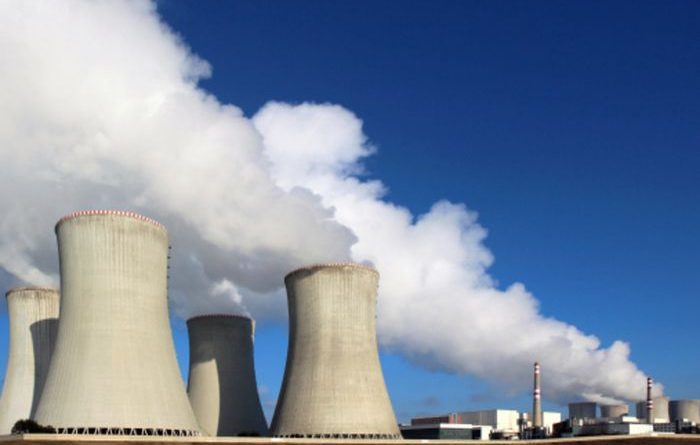Indonesia is making strides toward its nuclear energy ambitions with plans to operationalize its first nuclear power plant (PLTN) by 2032. The National Energy Council (DEN) has initiated the formation of the Nuclear Energy Program Implementation Committee (KP2EN) to ensure the project’s success.
Speaking before the House of Representatives’ Commission XII, DEN Chairman Bahlil Lahadalia stressed the importance of this initiative. A draft presidential regulation for KP2EN has already been prepared, accompanied by ongoing socialization efforts. According to Bahlil, nuclear energy will play a critical role in Indonesia’s energy transition to achieve net-zero emissions by 2060.
The first PLTN is expected to have an initial capacity of 250-500 megawatts (MW). Although modest, this capacity is anticipated to expand in future phases. Bahlil highlighted that nuclear energy offers dual benefits: lowering electricity costs and accelerating the adoption of renewable energy in the country’s energy mix.
The government has also been actively engaging with international partners, including the United States and Russia, to acquire the technology necessary for nuclear power development. Small modular reactors and conventional nuclear technology are among the options under consideration.
However, challenges remain. Indonesia’s susceptibility to earthquakes raises concerns about the safety of nuclear power plants. Additionally, public opinion and the need for presidential approval could influence the project’s timeline. Vivi Yulaswati, Deputy for Maritime and Natural Resources at the Ministry of National Development Planning (Bappenas), noted that while the target for 2032 is ambitious, the earliest feasible timeline for operations could stretch to 2036.
Despite these hurdles, DEN’s efforts mark a significant milestone in diversifying Indonesia’s energy portfolio. With 30 countries, including nine in Asia, already using nuclear energy, Indonesia aims to join their ranks while reducing its reliance on fossil fuels.
BISNIS
Read More






 Thursday, 12-02-26
Thursday, 12-02-26







